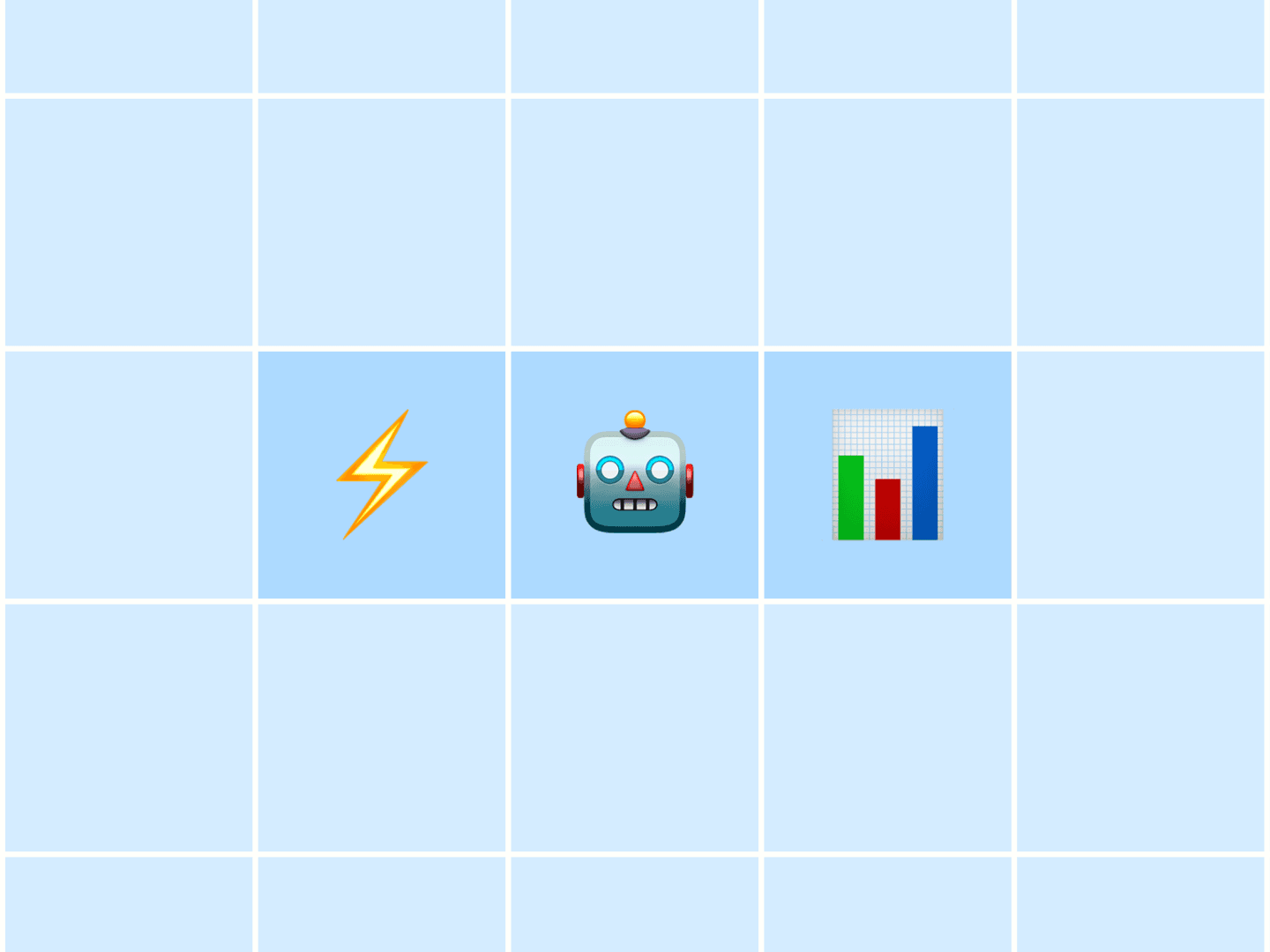I was catching up with our team’s messages on Discourse recently when I came across a unique message thread. It wasn’t about trial numbers, FAQs or monthly recurring revenue.
It was about empathy.
Empathy feels so crucial to the Buffer culture, and yet the word doesn’t appear anywhere in our values right now. Maybe that’s because it can feel a bit hard to define.
What exactly is empathy? How is it different than sympathy? And how can we grow in our understanding and expression of it?
As it turns out, these are exactly the kinds of questions our Happiness Heroes were posing and discussing in a new, informal salon they’ve started holding occasionally.
I caught up with Kelly, who proposed the topic of empathy for a recent salon session, to find out the story behind the chat and get the scoop on some amazing resources shared.
Chatting about empathy
The Heroes have had small-scale seminars on everything from mind-mapping to spreadsheets—I’m excited to drop in on one soon. When it was Kelly’s turn to come up with a concept, she knew what she wanted to discuss.
“I had a lot of questions about empathy when it comes to ego, and our value of being a no-ego doer,” Kelly said. “How can you be a no-ego doer but still be empathetic?
How do you say ‘Me too,’ when even in saying ‘Me too’ you’re turning the lens back on yourself?”
During the chat, Kelly shared, “so many people were sharing different pieces of their own experience and what empathy meant to them. At the end of the discussion, Adam said, ‘My heart is full,’ and I think a few of us found ourselves saying, ‘Me too!'”
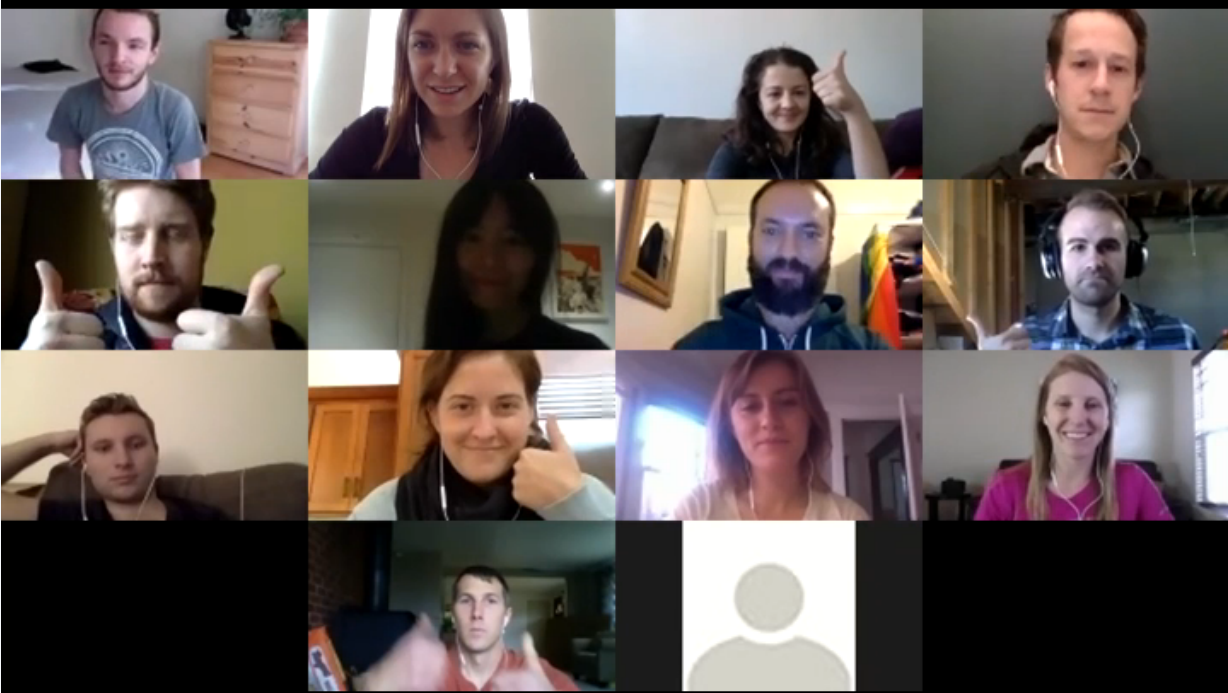
“We talked about how empathy translates into being a Happiness Hero, but it wasn’t just about Buffer,” Kelly said. “It was about, ‘How do you sit with a friend who’s going through something really terrible?’ ‘How do you show someone you care?'”
14 of our favorite empathy resources
I was grateful to catch up with some incredible empathy resources the Happiness Heroes were sharing amongst themselves, and I’d love to share them with you, also. (I’ve added a few of my personal favorites, too.)
3 picture-perfect empathy images
Sometimes a picture tells you everything you need to know. If you’re a visual learner, maybe one of these images will resonate with you. Each image links to the post from which it came—which means 3 more great empathy resources!
From Yourself Series:
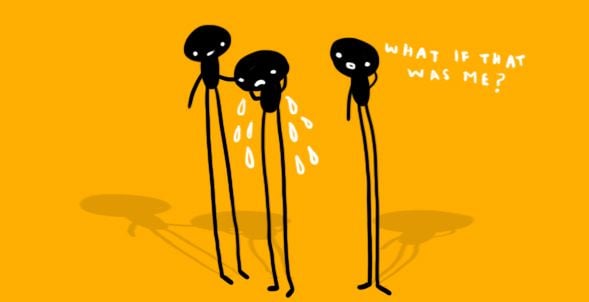
By Dave Walker:
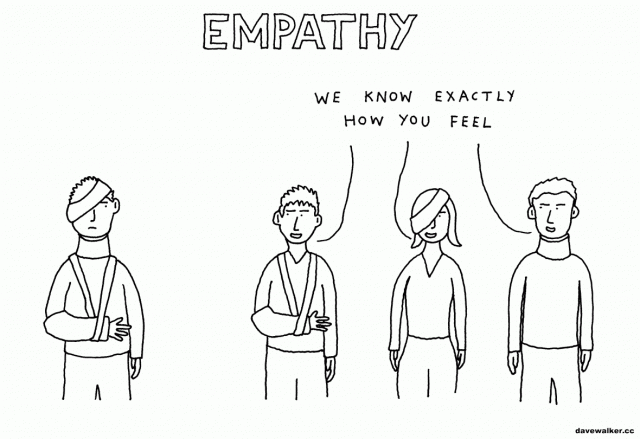
From Interaction Design:
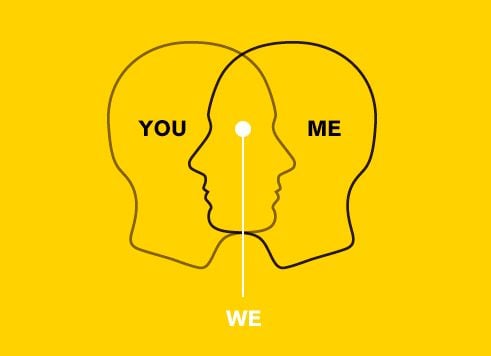
3 illuminating empathy videos
For more in-depth explorations of the topic of empathy, there are quite a few great videos.
In this animated short, Brené Brown reminds us that we can only create a genuine empathic connection if we are brave enough to really get in touch with our own fragilities.
Roman Krznaric, author of a book about empathy that you’ll see below, speaks to Google on “Empathy: Why It Matters & How to Get It”
Brené Brown’s incredibly viral “The Power of Vulnerability” from TEDxHouston shares insights from her research that sent her on a personal quest to know herself as well as to understand humanity.
3 empathy-building books
Read up on empathy with these diverse book selections.
Roman Krznaric argues in Empathy: Why It Matters and How to Get It, that our brains are wired for social connection and that empathy, not apathy or self-centeredness, is at the heart of who we are.
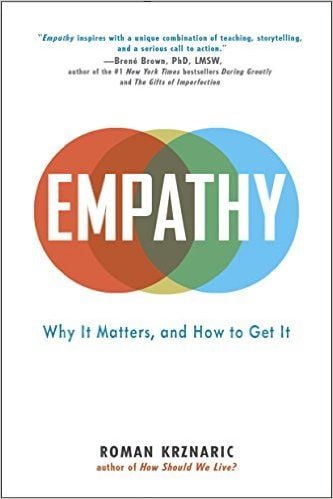
In I Thought It Was Just Me (But It Isn’t), Brené Brown shines a light on the truth that our imperfections are what connect us to each other and to our humanity.
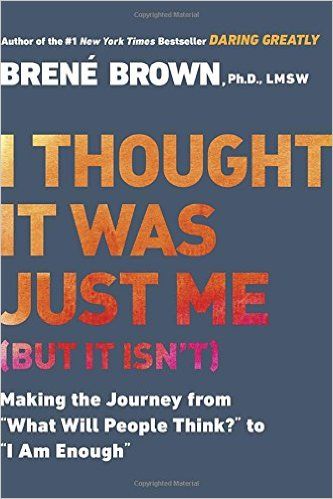
The Empathy Exams is a different type of empathy book (and one of my favorites). Leslie Jamison’s essays ask essential (and sometimes uncomfortable) questions about our basic understanding of others: How should we care about each other? How can we feel another’s pain, especially when pain can be assumed, distorted, or performed?
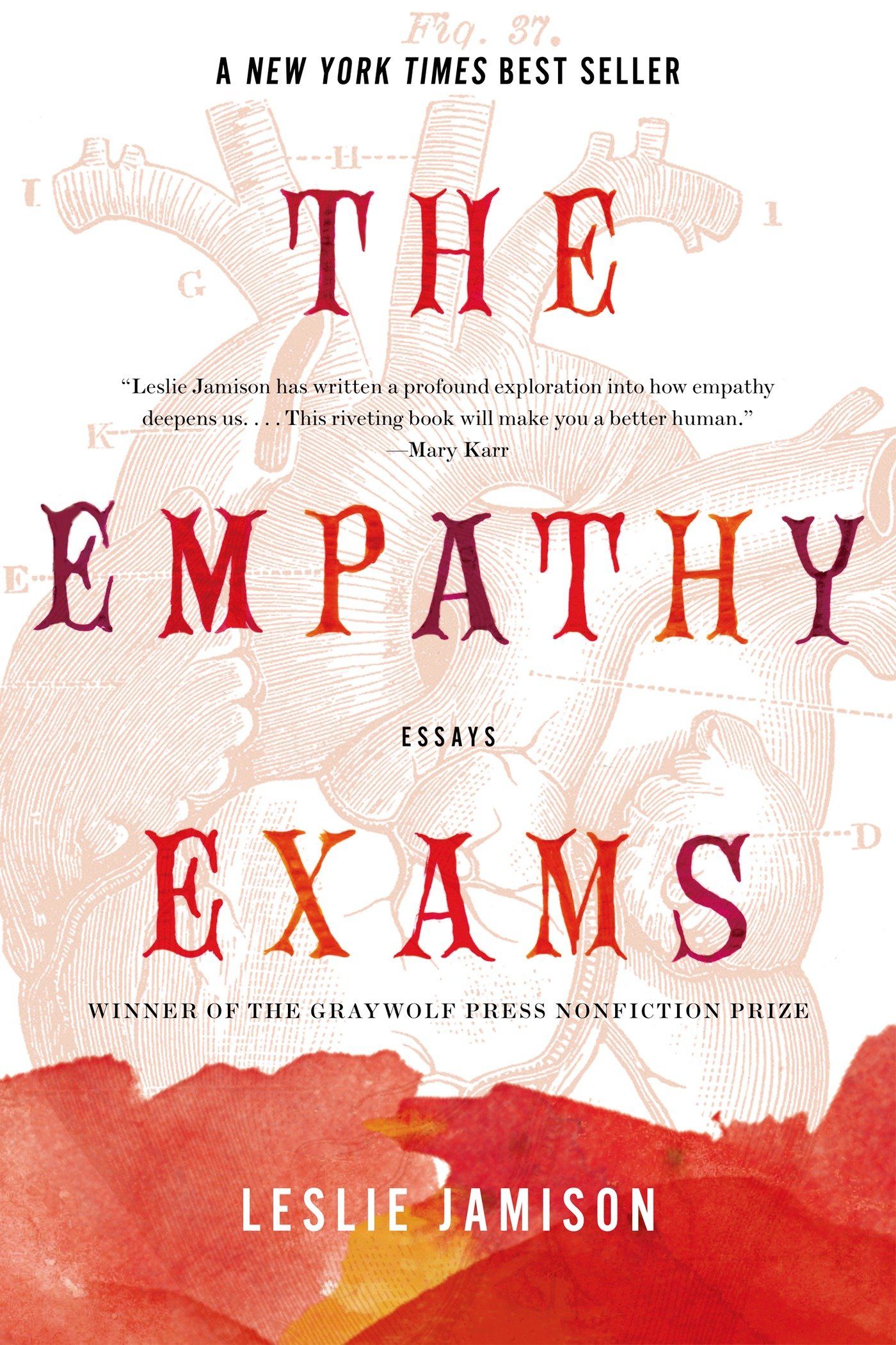
5 empathy-focused multimedia resources
From blog posts to a museum, take your empathy studies further with these resources and exercises.
Blog post: Brain Picking’s “How Kindness Became Our Forbidden Pleasure” is a great overview of what appears to be yet another awesome empathy-related book, On Kindness.
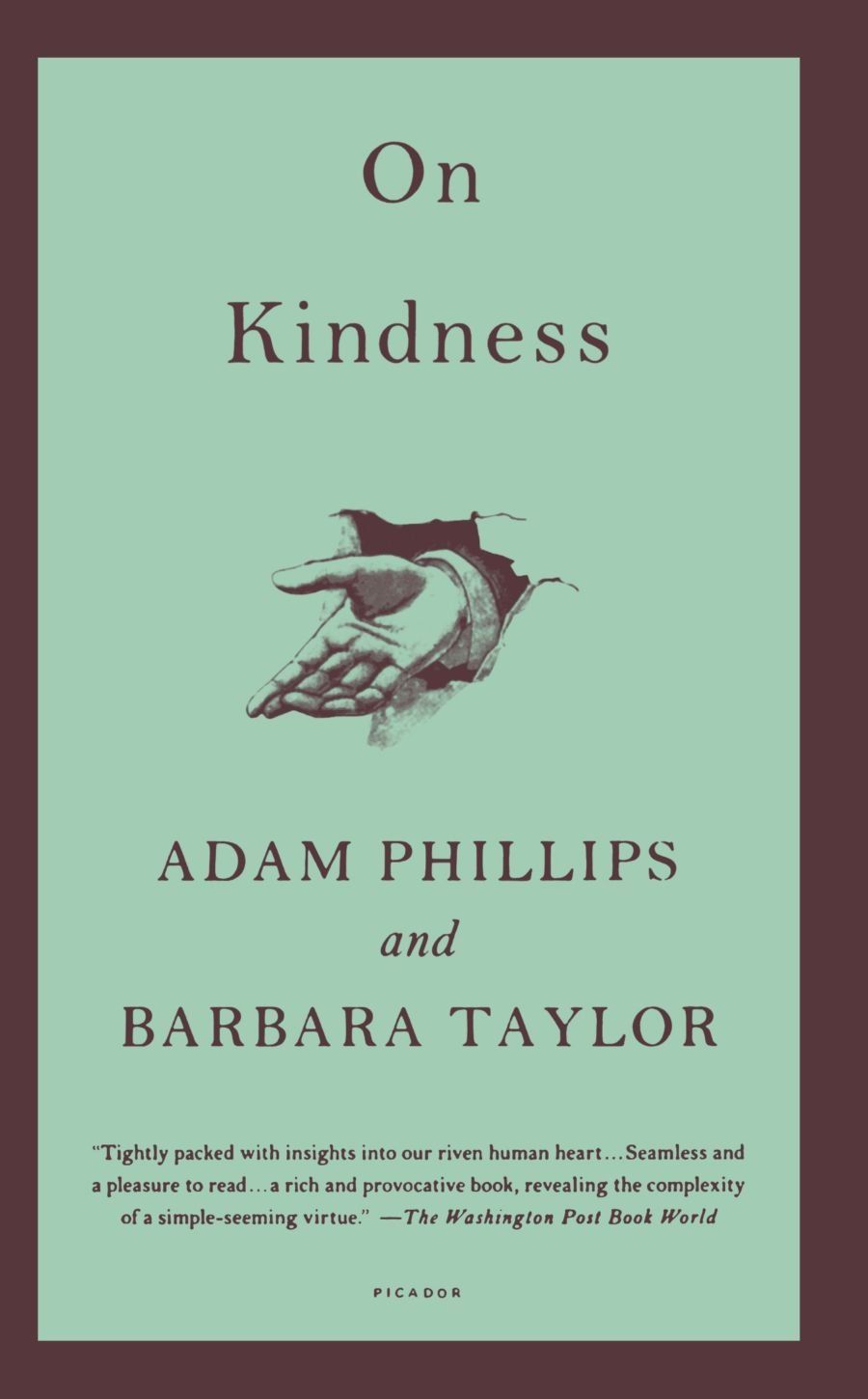
Podcast: In this Design Matters With Debbie Millman audio interview, Milman talks with Simon Sinek, the author of Start With Why
Museum: The world’s first museum dedicated to developing the skill of empathizing is the Empathy Museum, an “experiential adventure space for stepping into the shoes of another person.” It currently tours internationally with a goal of “creating a global revolution of human relationships.”
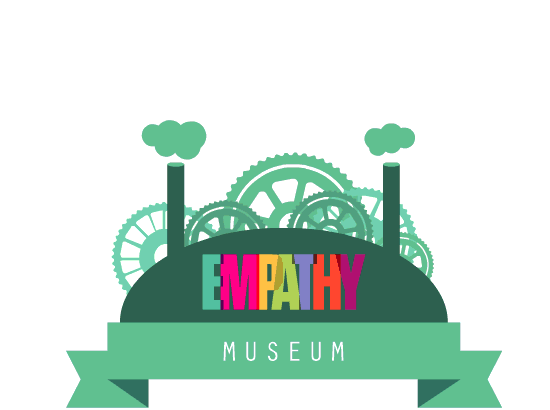
The museum’s first installation, ‘A Mile in My Shoes,’ is an interactive shoe-shop where visitors are invited to literally walk a mile in the shoes of a stranger while listening to their story.
Juliet, one of our Happiness Heroes, got a chance to check it out in person:
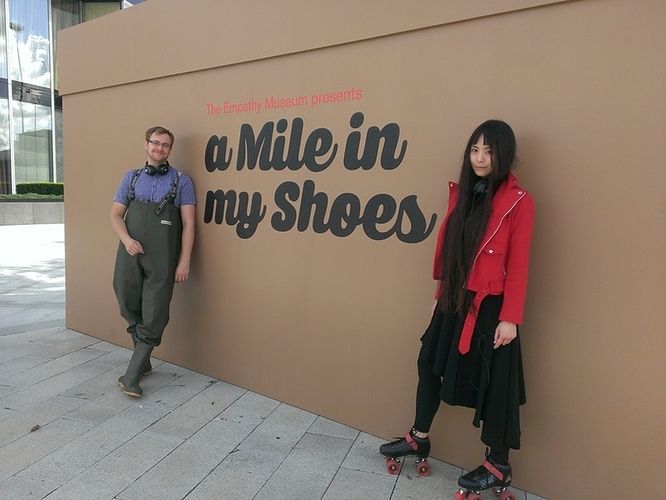
Library: Another element of the Empathy Museum online is the world’s only digital Empathy Library. It contains great lists, reviews and ratings of hundreds of books and films, all on the theme of empathy.
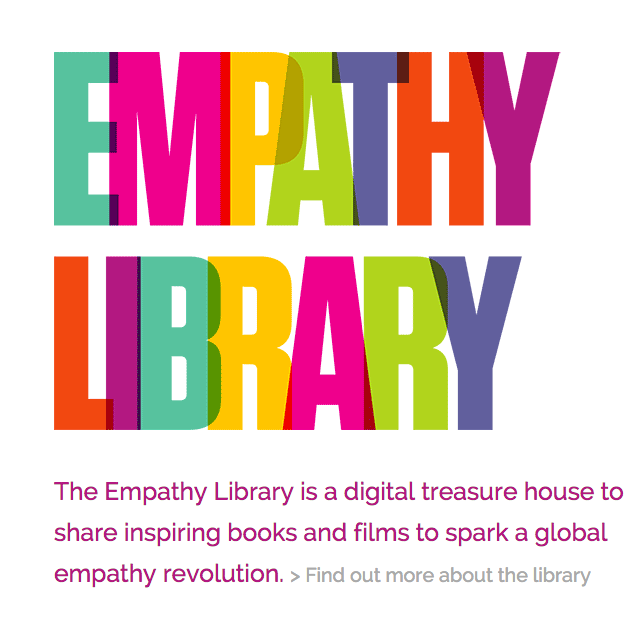
Exercise: Finally, Kelly shared a unique exercise she had participated in, led by Lee Mun Wah.
In the exercise, participants are paired up and asked to sit in silence, making full eye contact, as another person answered the question, “I first knew I was different when…”
“It was such a poignant exercise because as so many of us had an attentive and caring audience, we opened up and allowed ourselves to be vulnerable and share a bit more deeply than we might have had the subject come up in a two-way conversation. And being on the listening end, it was a challenge to stay silent and show empathy without offering physical touch or words to comfort. What was really beautiful was that when I shared, I felt so much less alone by having someone nod their head with knowing tears in their eyes than having someone say, “Me too” and share their experience.”
What helps you grow in empathy?
Are there any resources or practices that have helped you get a deeper grasp on empathy? We’d love to hear all about them in the comments!
Try Buffer for free
190,000+ creators, small businesses, and marketers use Buffer to grow their audiences every month.


